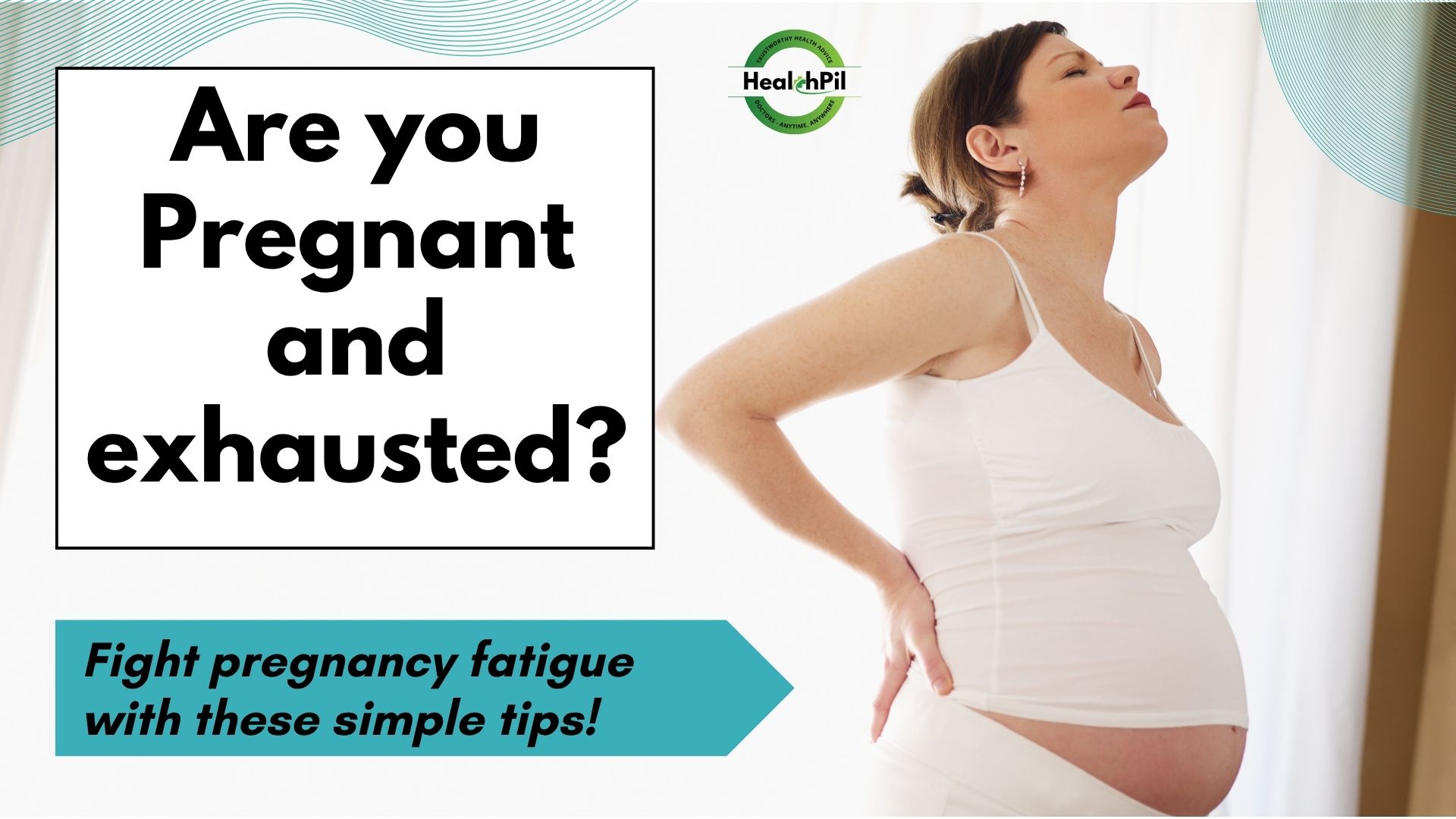
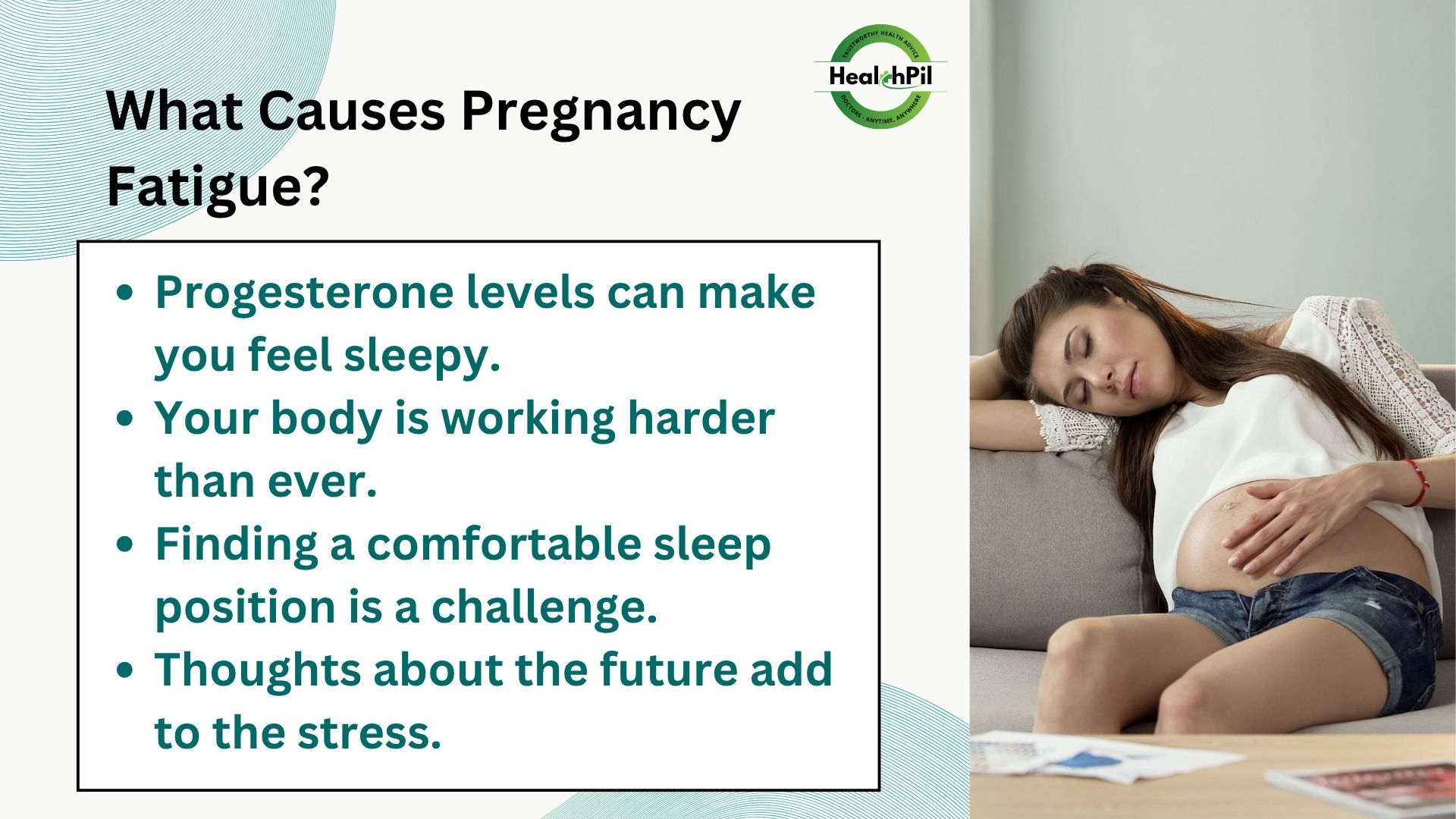
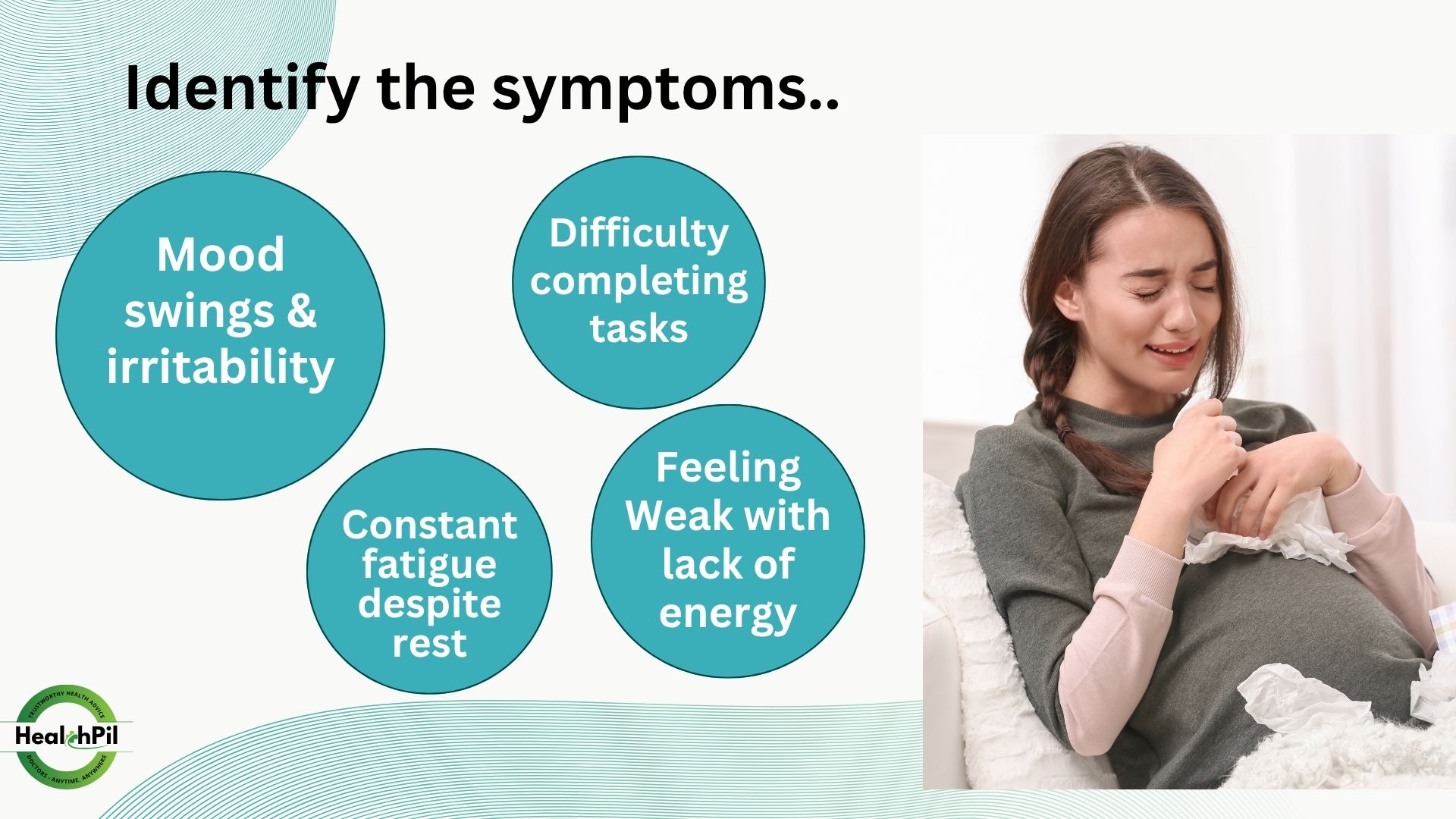
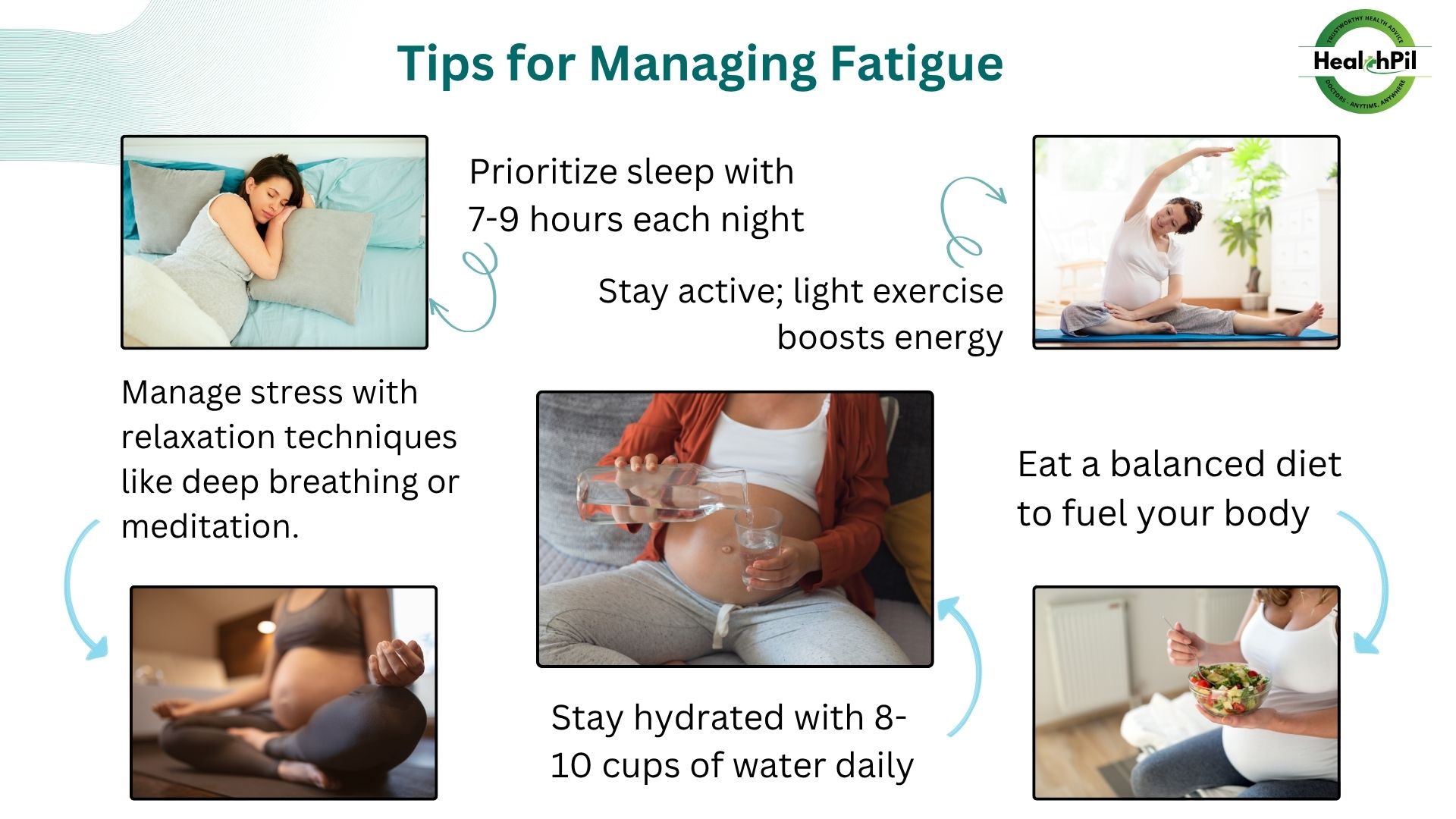
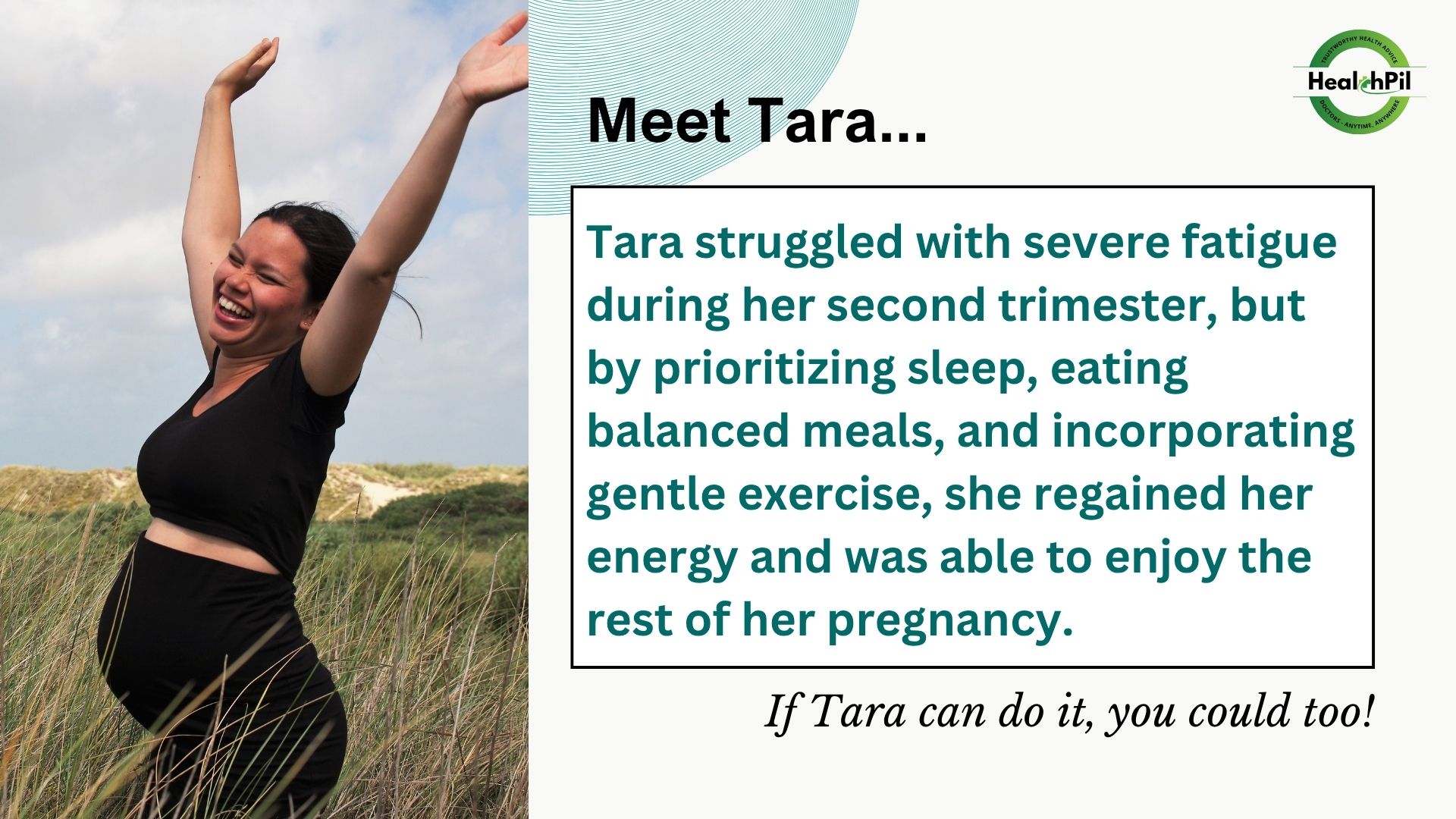
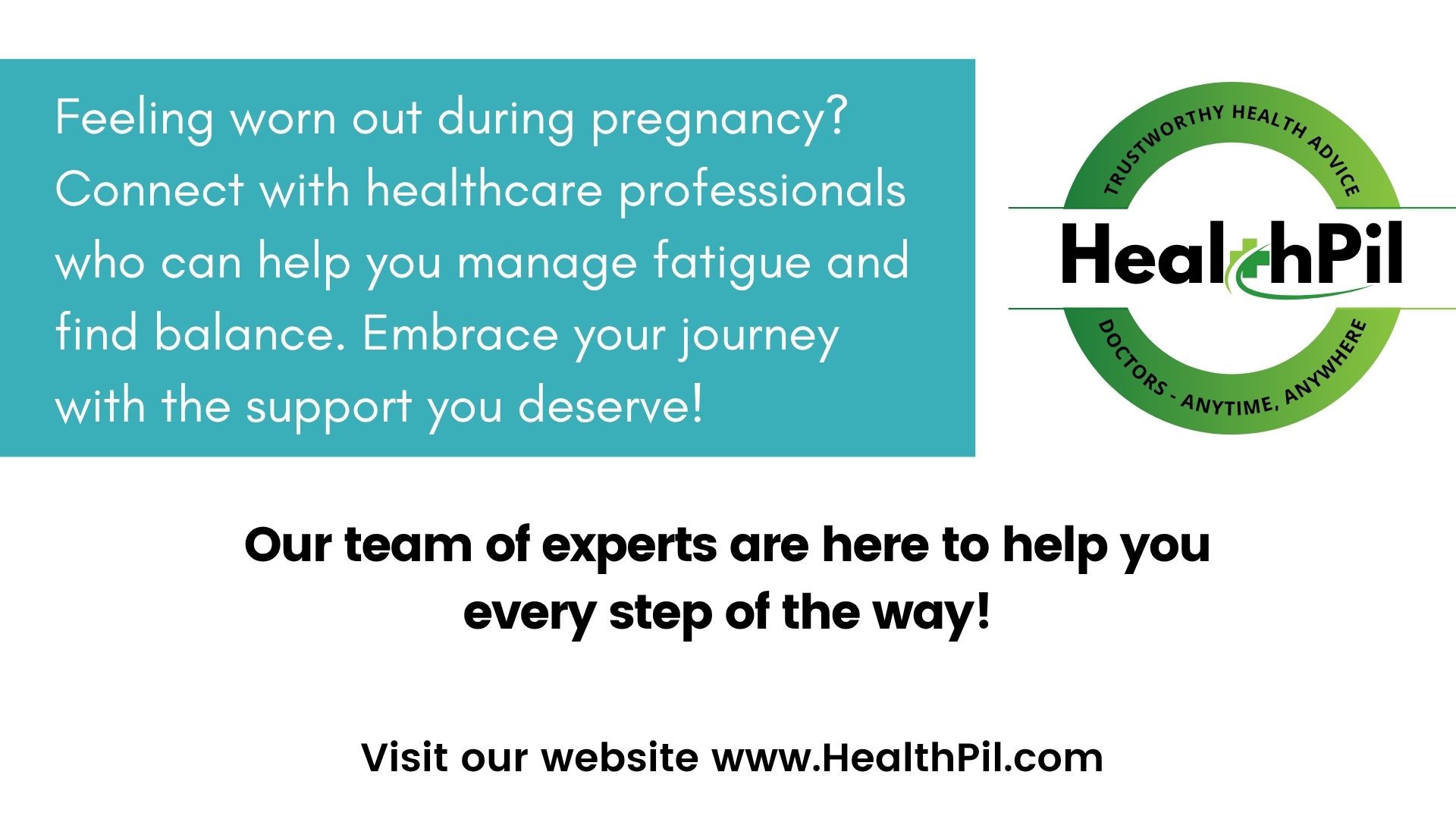
Pregnancy Fatigue: Tips for New Moms
Pregnancy is an exciting time, but it can also be exhausting. Fatigue is one of the most common complaints among expectant mothers, affecting their ability to function in daily life. In this article, we’ll take a look at what causes pregnancy fatigue and share some helpful tips to manage it more easily.
What Causes Pregnancy Fatigue?
Fatigue during pregnancy is influenced by a combination of physical, hormonal, and emotional factors:
● Hormonal Changes: Increased levels of progesterone can make you feel more tired.
● Physical Changes: Your body is doing a lot to support your growing baby, and all that extra effort can leave you feeling wiped out.
● Sleep Disturbances: As your body changes, finding a comfortable position to sleep in can get tricky, leaving you with restless nights and less quality sleep.
● Emotional Stress: All the worries about pregnancy, childbirth, and parenting can really wear you out, adding to that overall feeling of fatigue.
Recognizing Symptoms of Pregnancy Fatigue
● Persistent tiredness, even after rest
● Difficulty concentrating or completing tasks
● Mood swings and irritability
● A general lack of energy
If you experience extreme fatigue that interferes with your daily life, it’s important to speak with your healthcare provider.
Tips for Managing Pregnancy Fatigue
1. Prioritize Sleep:
● Try to get at least 7-9 hours of quality sleep each night to help recharge your energy. Consider napping during the day if needed.
2. Stay Active:
● It might seem surprising, but staying active can actually give you more energy. Simple activities like walking or prenatal yoga can help you feel more energized throughout the day.
3. Eat a Balanced Diet:
● Eat nutritious foods that provide sustained energy. Include whole grains, lean proteins, fruits, and vegetables in your meals.
4. Stay Hydrated:
● Dehydration can exacerbate fatigue. Have at least 8-10 cups of water daily.
5. Manage Stress:
● Practice relaxation techniques, such as deep breathing, meditation, or prenatal classes to help reduce stress levels.
6. Limit Caffeine and Sugar:
● While they might give you a quick burst of energy, they often leave you feeling low later. Focus on whole foods for lasting energy.
Frequently Asked Questions
Is it normal to feel extremely tired during pregnancy?
Yes, fatigue is common, especially in the first and third trimesters.
When should I be concerned about fatigue?
If fatigue is severe or accompanied by other concerning symptoms, consult your healthcare provider.
Can I take supplements to combat fatigue?
Consult your healthcare provider before taking any supplements, as some may not be safe during pregnancy.
What lifestyle changes can help improve energy levels?
Prioritize sleep, engage in regular physical activity, and maintain a balanced diet.
How can I improve my sleep quality during pregnancy?
Create a relaxing bedtime routine, use supportive pillows, and try to sleep in a comfortable position.
Conclusion
Pregnancy fatigue is a common experience, but understanding its causes and implementing effective management strategies can help you feel more energized and focused. By prioritizing self-care, seeking support, and making healthy lifestyle choices, you can navigate this challenging time with greater ease.
Disclaimer
The information provided in this article is for awareness purposes only and should not replace professional medical advice. Always consult your healthcare provider for personalized medical guidance.
How HealthPil can help?
HealthPil Is Always Here for YOU!
● Need Guidance? Connect with healthcare experts ready to help you navigate gestational diabetes.
● Join Our Community: Gain access to tips, resources, and support from mothers just like you!
● Don’t Delay—Take Action! Your health and your baby’s future are too important to wait!
Contact HealthPil today and empower your pregnancy journey!
